Intro
Discover 5 effective ways to cure RSV, including natural remedies and medical treatments, to alleviate respiratory syncytial virus symptoms, such as bronchiolitis and pneumonia, in infants and adults, promoting swift recovery and relief.
Respiratory Syncytial Virus (RSV) is a common and highly contagious virus that affects people of all ages, but it's most severe in young children and older adults. RSV infection can lead to mild, moderate, or severe respiratory illnesses, such as bronchiolitis and pneumonia. While there is no specific cure for RSV, there are several ways to manage and treat the symptoms, as well as prevent the spread of the virus. In this article, we will explore five ways to cure RSV, including home remedies, medical treatments, and preventive measures.
RSV is a significant public health concern, particularly during the winter months when the virus is most active. According to the Centers for Disease Control and Prevention (CDC), RSV infects nearly all children by the time they are two years old, and it's estimated that RSV causes approximately 57,527 hospitalizations and 2.1 million outpatient visits among children younger than five years old in the United States each year. In adults, RSV can cause severe respiratory illnesses, especially in those with underlying health conditions, such as heart disease, lung disease, and weakened immune systems.
The symptoms of RSV infection can range from mild to severe and may include runny nose, coughing, sneezing, fever, and wheezing. In severe cases, RSV can cause bronchiolitis, pneumonia, and respiratory failure, which can be life-threatening. While there is no specific cure for RSV, early diagnosis and treatment can help manage the symptoms and prevent complications. In addition to medical treatments, there are several home remedies and preventive measures that can help alleviate the symptoms and reduce the risk of infection.
Understanding RSV
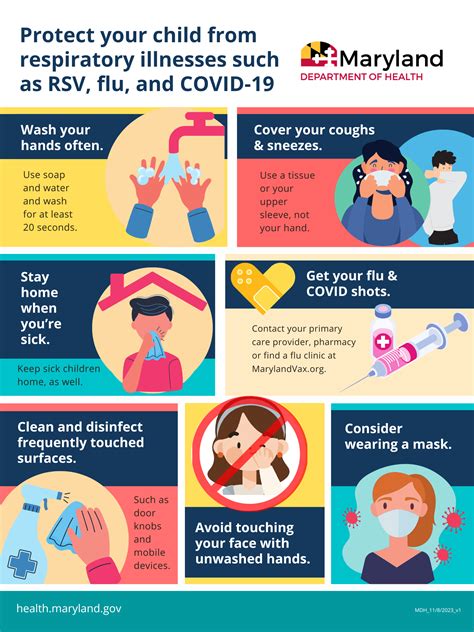
How RSV Spreads
RSV can spread through: * Close contact with an infected person, such as touching, hugging, or sharing food and drinks * Contaminated surfaces, such as doorknobs, light switches, and countertops * Respiratory droplets, such as those produced by coughing, sneezing, or talking * Touching your eyes, nose, or mouth after coming into contact with contaminated surfaces or respiratory dropletsHome Remedies for RSV
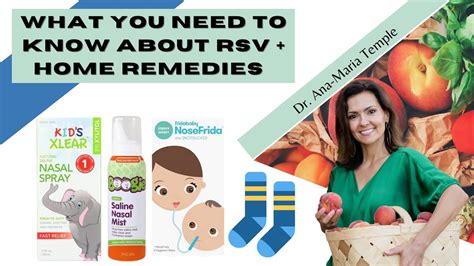
Benefits of Home Remedies
Home remedies can be effective in managing the symptoms of RSV and can help reduce the risk of complications. Some of the benefits of home remedies include: * Reduced risk of antibiotic resistance * Lower risk of side effects and interactions * Increased comfort and relief from symptoms * Reduced risk of transmission to others * Lower cost and accessibilityMedical Treatments for RSV
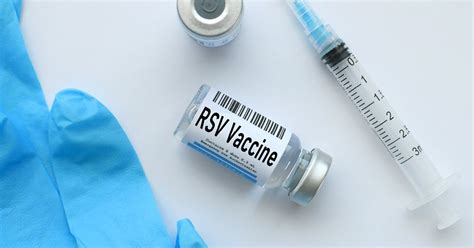
Types of Medical Treatments
There are several types of medical treatments available for RSV, including: * Supportive care, such as oxygen therapy and ventilator support * Medications, such as bronchodilators and antibiotics * Hospitalization, to monitor and manage symptoms and prevent complications * Palliative care, to relieve symptoms and improve quality of lifePreventive Measures for RSV
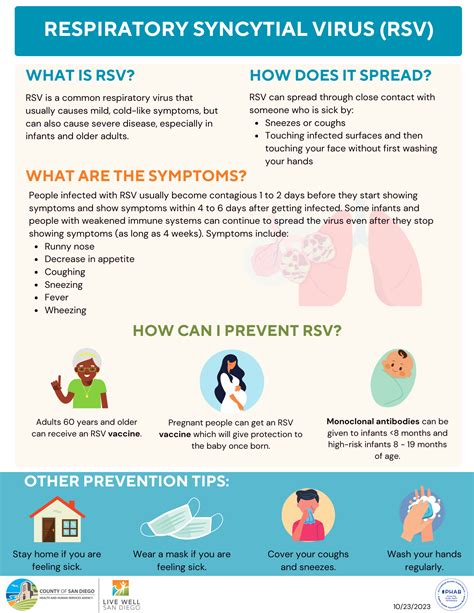
Importance of Preventive Measures
Preventive measures are crucial in reducing the risk of RSV infection and preventing the spread of the virus. Some of the importance of preventive measures include: * Reduced risk of transmission to others * Lower risk of complications and severe illness * Reduced risk of antibiotic resistance * Increased comfort and relief from symptoms * Lower cost and accessibilityVaccination Against RSV
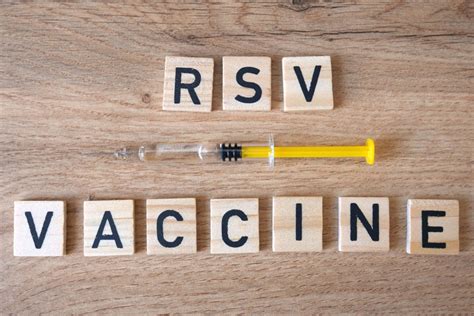
Benefits of Vaccination
Vaccination can provide long-term protection against RSV and can help reduce the risk of transmission to others. Some of the benefits of vaccination include: * Reduced risk of severe illness and complications * Lower risk of transmission to others * Increased comfort and relief from symptoms * Reduced risk of antibiotic resistance * Lower cost and accessibilityConclusion and Next Steps

We invite you to share your thoughts and experiences with RSV in the comments below. Have you or a loved one been affected by RSV? What steps have you taken to prevent the spread of the virus? Share your story and help raise awareness about the importance of RSV prevention and treatment.
What is RSV and how is it transmitted?
+RSV is a highly contagious virus that spreads through close contact with an infected person, contaminated surfaces, and respiratory droplets. The virus can survive on surfaces for several hours and can be transmitted through touching, shaking hands, or sharing utensils and personal items.
What are the symptoms of RSV infection?
+The symptoms of RSV infection can range from mild to severe and may include runny nose, coughing, sneezing, fever, and wheezing. In severe cases, RSV can cause bronchiolitis, pneumonia, and respiratory failure, which can be life-threatening.
How can I prevent the spread of RSV?
+Prevention is key in reducing the risk of RSV infection. Some of the most effective preventive measures include practicing good hygiene, avoiding close contact with infected individuals, staying home from work or school when you're sick, getting vaccinated against RSV, if available, and using a mask when caring for an infected individual.
